Viettel and Myanmar: a story of tenacity and never losing hope
Counting from the first time the leaders of Viettel set foot in Myanmar to search for opportunities, the Vietnamese military-run multinational telecommunications company has waited 15 years to officially enter the country.
 |
10 years of waiting without outcome
In 2002, for the first time, Viettel’s leaders (including present general director Nguyen Manh Hung) had the chance to visit Myanmar. At the time, Myanmar was still relatively isolated from other countries due to sanctions from the US and Western countries.
A source from Viettel revealed that though the company did not set up a foreign investment department just then, but the leaders had long been envisioning approaching Myanmar.
There were three reasons. First, Myanmar and Vietnam have many similarities regarding geographical location, culture, and long-time friendly political relations.
Secondly, Myanmar’s economy has a lot of potential for development due to its abundance in resources and well-educated government, as Myanmar in the 1980s was a great power within Southeast Asia.
Also, telecommunications in Myanmar was still at a primitive stage, with state-owned network Myanmar Posts and Telecommunications holding monopoly.
By 2009, Viettel started to implement its plan to approach Myanmar and decided to set up a representative office there, as well as dispatching staff to gain first-hand experience of living, study the language, the market, and the country’s regulations to seek opportunities.
In early 2013, after nearly 10 years of working behind the scenes, the Myanmar government announced opening a bid for two international telecommunications licences.
Viettel’s chances were slim, with 91 network operators participating from around the world, including the world’s largest and oldest telecommunications corporations, such as Vodafone, Airtel, Telenor, and Digicel.
Viettel passed the qualifying round and arrived to the final round to contest 11 strongest opponents. When filing for the last round, Viettel’s staff went to the capital Nay Pyi Taw for bid submission and was overwhelmed by the thorough preparations of Digicel (a big rival of Viettel in America).
Digicel was making a promotion blitz with its people on every street corner. This showed the aggressive participation of network operators. However, even the loudest preparation could not assure winning the bid. One month later, news of Telenor and Ooredoo winning the licence-race was all over the press.
Relentless efforts bearing fruit
Failure after 10 long years of laying down the groundworks, along with facing the world’s biggest telecom rivals and unpredictability in securing a licence did not discourage Viettel. The group’s leaders remained undeterred in seeking joint venture opportunities.
A glimmer of hope flashed almost a year later with the announcement that Myanmar’s state-backed Yatanarpon Teleport (YTP) would obtain a fourth telecom licence.
At the time, a high-ranked manager of Viettel was dispatched to Myanmar, being on-site directly for four months just to negotiate a joint venture with YTP. During that time, YTP also had many other representatives knocking on their door, making it negotiations even harder.
Viettel general director Nguyen Manh Hung had to go himself to Myanmar and after extensive negotiations, the agreement was finally struck, only waiting for official signing.
Viettel assumed that they could eventually harvest its hard work, only to be disappointed shortly after, when the government of Myanmar decided to withdraw the fourth licence for YTP.
It was a big shock to the Vietnamese staff who had been persistently looking for opportunities for so long in Myanmar. Many insiders presumed that Viettel would give up on Myanmar.
However, passing up on a good business opportunity was “not in the dictionary of Viettel.” The reversal of fortune in the joint venture opportunity with YTP came as a huge disappointment to Viettel staff who had been residing in Myanmar for over 10 years, but neither them nor the board of managers in Vietnam lost hope.
Immediately after the second chance for joint venture failed, Viettel’s project team in Myanmar continued searching for new opportunities, despite the uncertainties—and their labour finally paid off.
On August 8, 2016, Viettel officially signed a joint venture contract with two partners from Myanmar. The deal’s total investment capital is US$2 billion, of which Viettel will take a 49% stake, while the two partners, Myanmar’s state-owned Star High and 11-company local consortium Myanmar National Telecom Holding will take 28% and 23%, respectively.
On January 14, 2017—after almost 15 years of quiet building, Viettel received an official investment licence from the government of Myanmar.
Viettel’s pioneers at the country have yet to reveal the lessons gained or what contributed to the success after 15 years of constantly seeking opportunities.
However, a Viettel leader who has spent many years on-site in Myanmar seeking a licence shared, “In times of extreme frustration, we understand that trying does not guarantee success, but giving up would surely lead to failure. And finally, we have found the light at the end of the tunnel.”/.
VNF/VIR
Recommended
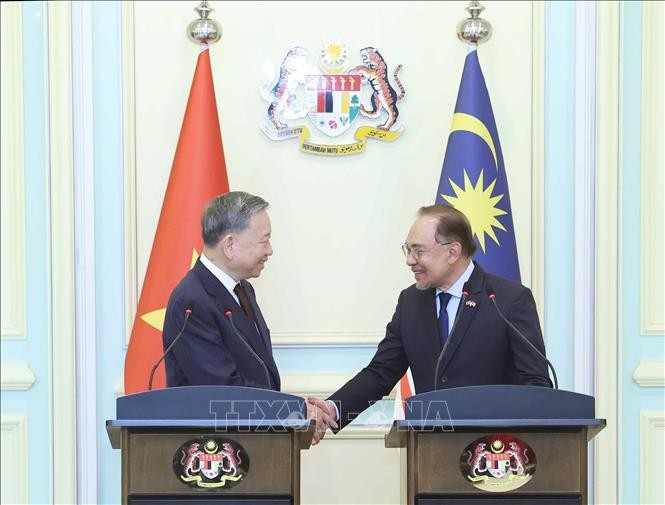 National
National
Vietnam, Malaysia Look Forward to New Era of Development
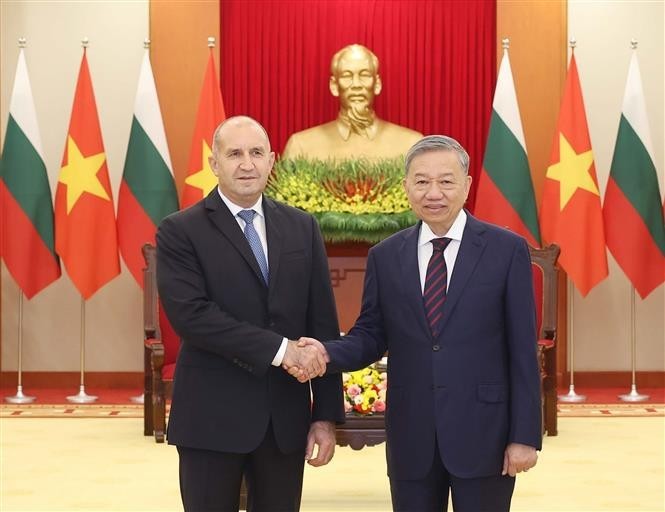 National
National
Vietnam News Today (Nov. 26): Party Leader Receives Bulgarian President
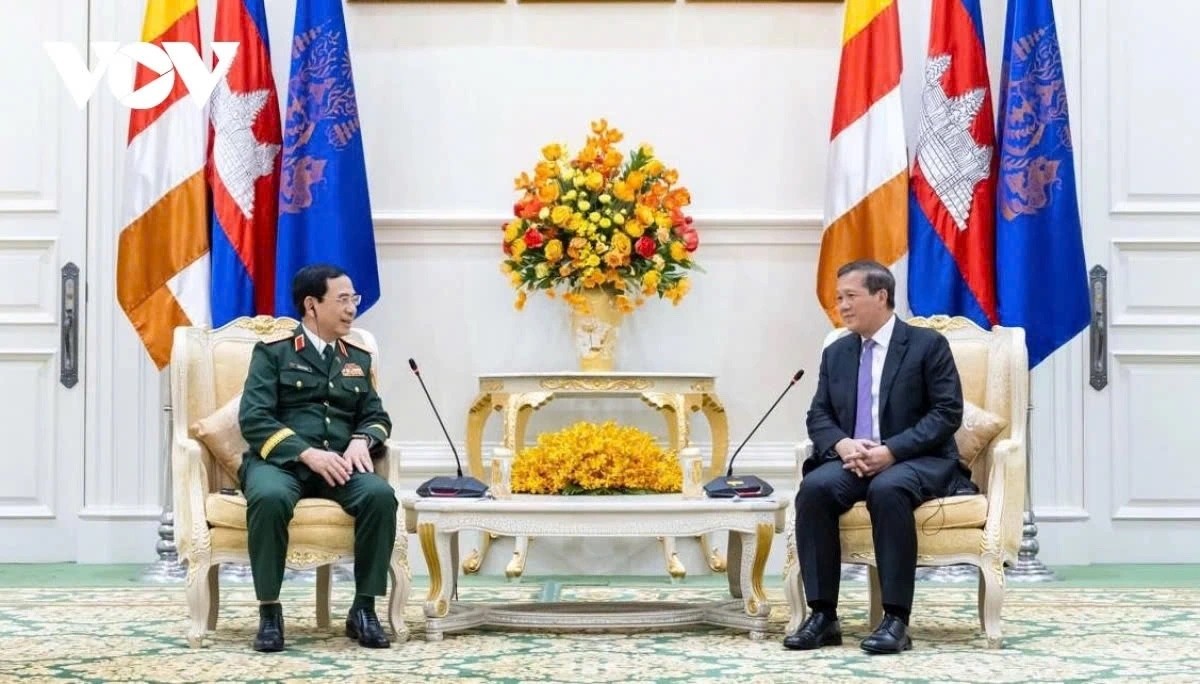 National
National
Vietnam News Today (Nov. 25): Cambodia Attaches Importance to Defense Cooperation With Vietnam
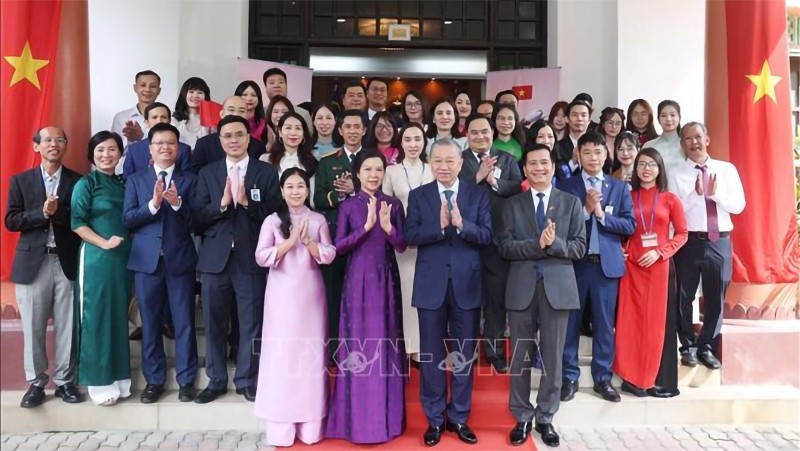 National
National
General Secretary To Lam Meets Vietnamese Community During Embassy Visit in Malaysia
 National
National
Vietnam News Today (Nov. 24): India, Vietnam Strengthen Coordination Capability in UN Peacekeeping Operations
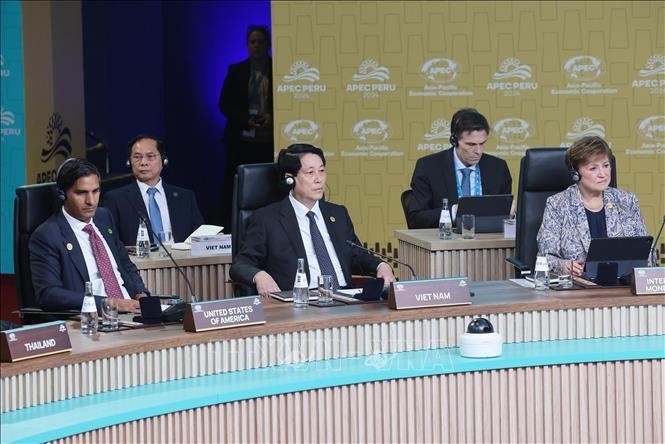 National
National
President of Vietnam Luong Cuong Proposes Direction for Promoting APEC's Role
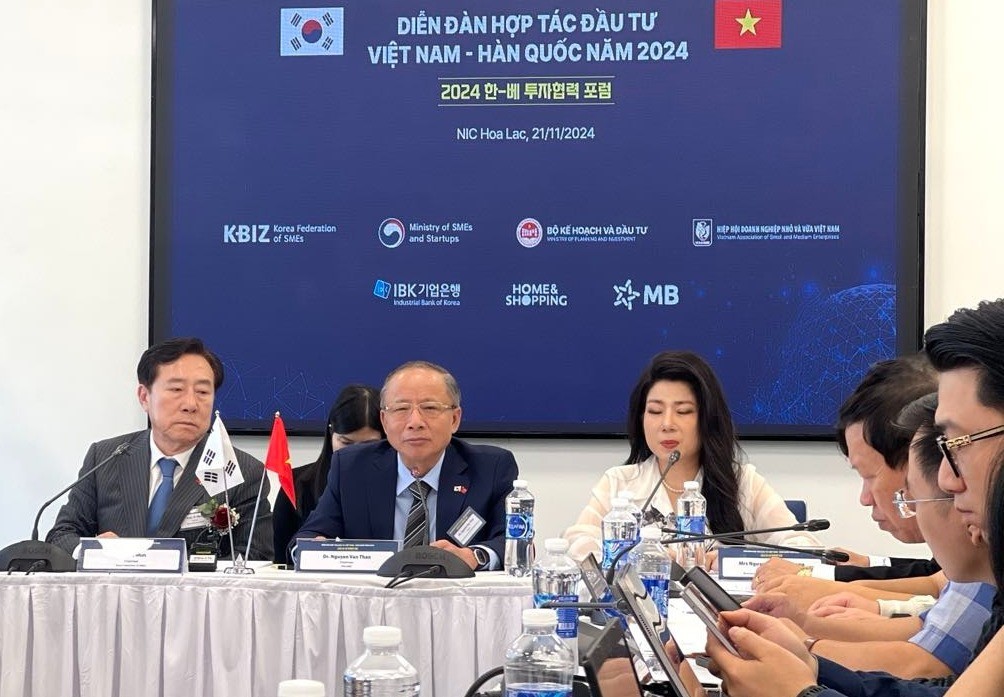 National
National
Vietnam News Today (Nov. 23): South Korean Firms Eye Joint Ventures With Vietnamese SMEs
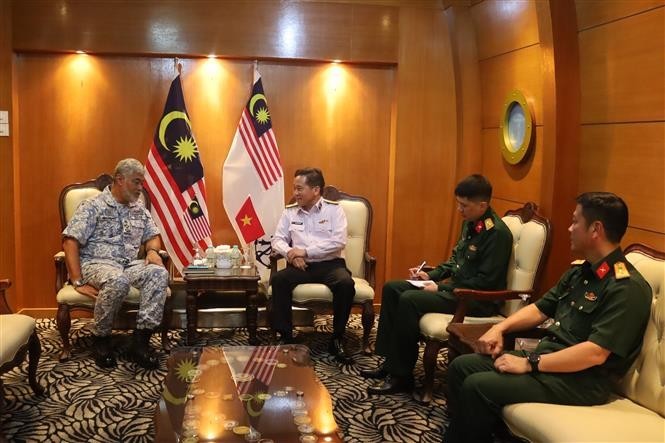 National
National
